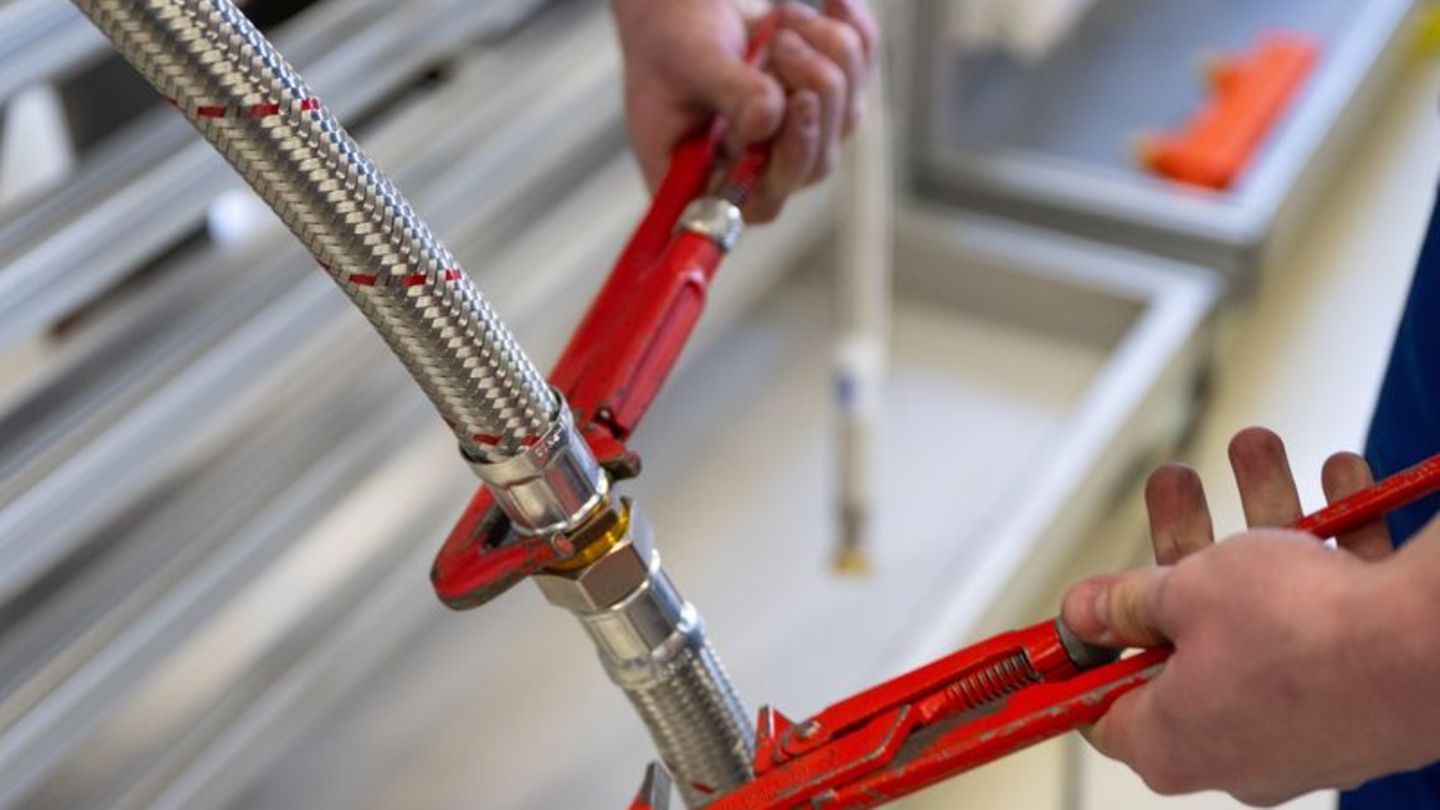A lack of suitable personnel is an everyday occurrence for many companies in Germany. According to a survey, the shortage of skilled workers is the number one problem in medium-sized businesses.
According to a survey, the shortage of skilled workers in Germany is putting more pressure on medium-sized businesses than bureaucracy and increased energy costs. This is shown by a survey by Heidelberger Druckmaschinen AG, in which around 700 managers from medium-sized companies took part. Accordingly, almost every medium-sized company stated that they were affected by a staff shortage (nine out of ten). Almost half of those surveyed (49 percent) answered that they suffered severely to very severely from a lack of work and skilled workers.
When asked about the current pressing problems, medium-sized companies cited a shortage of workers and skilled workers (50 percent) as the top priority – ahead of the comparatively high energy and raw material prices (37 percent) and too much bureaucracy (31 percent).
Greater use of technology
According to the representative survey conducted by the FAZ Institute in February, many medium-sized companies see greater use of technology as a suitable means of compensating for staff shortages. Three quarters of those surveyed (74 percent) rely on the digitalization of their own work processes. Around two thirds (67 percent) consider the use of artificial intelligence to be effective in minimizing staff shortages.
Medium-sized industrial companies in particular see opportunities in automating their production. 67 percent of those surveyed there see automation as a suitable means of combating the labor and skilled labor shortage.
There is a backlog of digitalization
A good 90 percent of the medium-sized companies surveyed agree with the statement that the German economy would not be competitive without digitalization and automation. However, seven out of ten respondents find the level of digitalization in the economy to be mediocre at best. There is a need to catch up, particularly within the company itself: only a good half of medium-sized companies classify their own company as progressive when it comes to digitalization.
Not only in the printing industry, many small and medium-sized companies have some catching up to do when it comes to digitalization, said Ludwin Monz, CEO of Heidelberger Druckmaschinen AG. “You need a strategy for the use of modern technologies and an educational offensive to make your employees fit for the working world of tomorrow. Schools and training companies are also required here.”
Source: Stern




